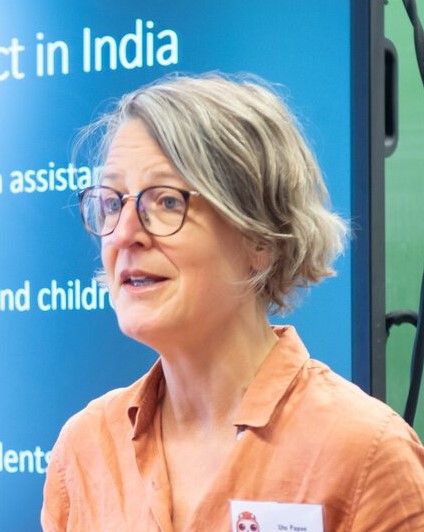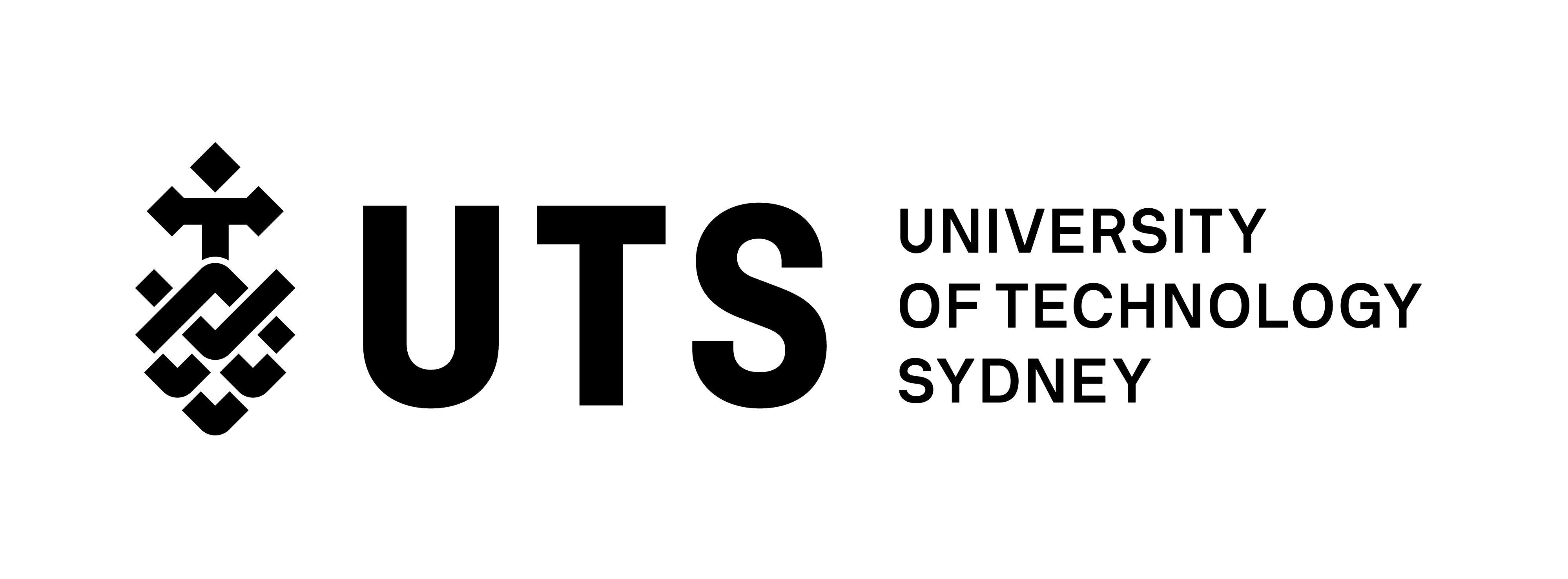NSW Adult Literacy & Numeracy Council
The professional body for adult literacy and numeracy in NSW

NSWALNC in-person Conference
Teaching adult literacy and numeracy: more than skills
Friday 8 December 2023
KEYNOTE SPEAKERS
Dr Uta Papen,
Lancaster University
“More than skills– was it just a dream? What role does the concept of adult literacy as social practice play in adult literacy policy and practice today?”
Abstract:When I wrote Adult Literacy as Social Practice - More than Skills, I, along with many others in the adult literacy field, was optimistic that practice-based and socio-cultural views of literacy were beginning to have an impact on adult literacy policy. In England, our hopes were supported by the establishment of a national research and development centre and the introduction of a new strategy for adult literacy and numeracy called Skills for Life. As our government-funded research demonstrated the relevance of a social practices perspective, we hoped that adult literacy would become adult literacies and that curricula and assessment practices would move away from purely skills-based ideas. Today, by and large, our hopes and dreams have been dashed. In England, Skills for Life has been replaced by Functional Skills, a framework with employability and formal qualifications at its core. Vestiges of a broader view of literacy, learner-centredness and a flexible curriculum are hard to find. As the policy framework has tightened, funding has been significantly reduced. Research also seems sparse. Looking beyond England, a more optimistic picture emerges. Scotland has had an 'adult literacies' curriculum for many years, delivered by local councils and community organisations. The Scottish curriculum recognises the range of literacy practices in which learners engage. In Ireland, too, the policy framework includes elements of social practice and emancipatory discourses. However, as austerity has hit Scotland, the funding context has changed, resulting in reduced provision. So what is left of adult literacy as social practice? In my presentation I will share with you the few examples of 'cracks' in the system that I have been able to find. I will ask what we, the wider community of practitioners and researchers, can do to support teachers who practice 'everyday resistance' and 'workarounds' (Smythe 2015). But I will also ask a more controversial question: what does the current and narrow system offer? What can be learnt in a functional skills class, and what positive effects on students, their confidence and their prospects might the compulsory certificates have? Should we be talking about 'complementarity', accepting that a focus on skills and employability might be what many learners aspire to? These are difficult questions that invite us to take a critical look at the social practice perspective and where we may have failed to engage with the realities of policy makers, the media, the wider public and perhaps learners themselves.
Biography: Prof Uta Papen is a Professor of Literacy Studies, Co-Director of the Literacy Research Centre at Lancaster University, UK. Her research is interdisciplinary, located at the boundaries between social anthropology, education and applied linguistics. Main areas of work are: literacy in education, developing literacy education (in particular English literacy) in countries of the Global South, health literacy and mental health literacy and critical literacy.
Since Uta started working in Lancaster in 2002, her 'research home' has been the Literacy Research Centre. As an active member and Co-Director of the Centre, her research is guided by an understanding of literacy not primarily as a skill, but as a social and cultural practice. This understanding has implication for how literacy is taught and this covers one area of her work. An example is her involvement in an initiative to develop new approaches to teaching English literacy to deaf children and young adults.
Thinking about literacy as a practice also has implications for how we understand the role of reading and writing in different areas of everyday life.
In the past, Uta has researched 'health literacy' as a practice that shapes how health care is dispensed and how patients themselves make sense of their illness, engage with health care providers and seek information. Looking at health literacy from this perspective necessarily foregrounds issues of policy and power, relating to health inequalities and social justice.
In her current work, with a group of colleagues Uta is looking at student mental health, specifically at creative practices that students engage in to support and maintain good mental health. Following on from a pilot project and consultation with students, they are now developing a larger research project on this topic. This project is co-created with students.
Related to her work on literacy in educational contexts, Uta has a longstanding interest in examining policy, specifically current policies to teach reading and writing to children in primary schools and how specific understandings of literacy and of 'evidence' about literacy teaching shape governmental policies.
Uta uses primarily ethnographic and collaborative methods which she complements with various other research approaches, including critical discourse analysis and multimodal analysis.

Abstract: Learning alongside Aboriginal Elders and community educators who share their knowledge of localised ecologies, cultures and social and political histories can be a powerful and transformative experience for all involved. Indeed, Aboriginal people continue to assert the significance of Country as a teacher and knowledge holder (McKnight 2016, Wilson et al. 2021) which anchors learners to moral ways of being and responsibilities to care for the natural world. While reading or talking about Country may inspire more informed understandings of Country, Indigenous pedagogical processes foreground the importance of being on Country to learn from, through, and with Country
Biography: Dr Katrina Thorpe (Worimi, Port Stephens NSW) is an Associate Professor at the Nura Gili, Centre for Indigenous Studies, University of New South Wales. Katrina's research focuses on educational approaches that engage students in Country-centred 'Learning from Country' pedagogies. Katrina is passionate about developing culturally responsive pedagogies that facilitate connections between students and Aboriginal people, communities and Country. In her work, she continues to support future and in-service teachers who are developing an Aboriginal education activist identity and want to connect with others who share a commitment to social justice in Aboriginal education. Katrina has 20 years experience teaching mandatory Indigenous Studies across a number of disciplines including education, social work, nursing, health and community development.
University of Technology Sydney

